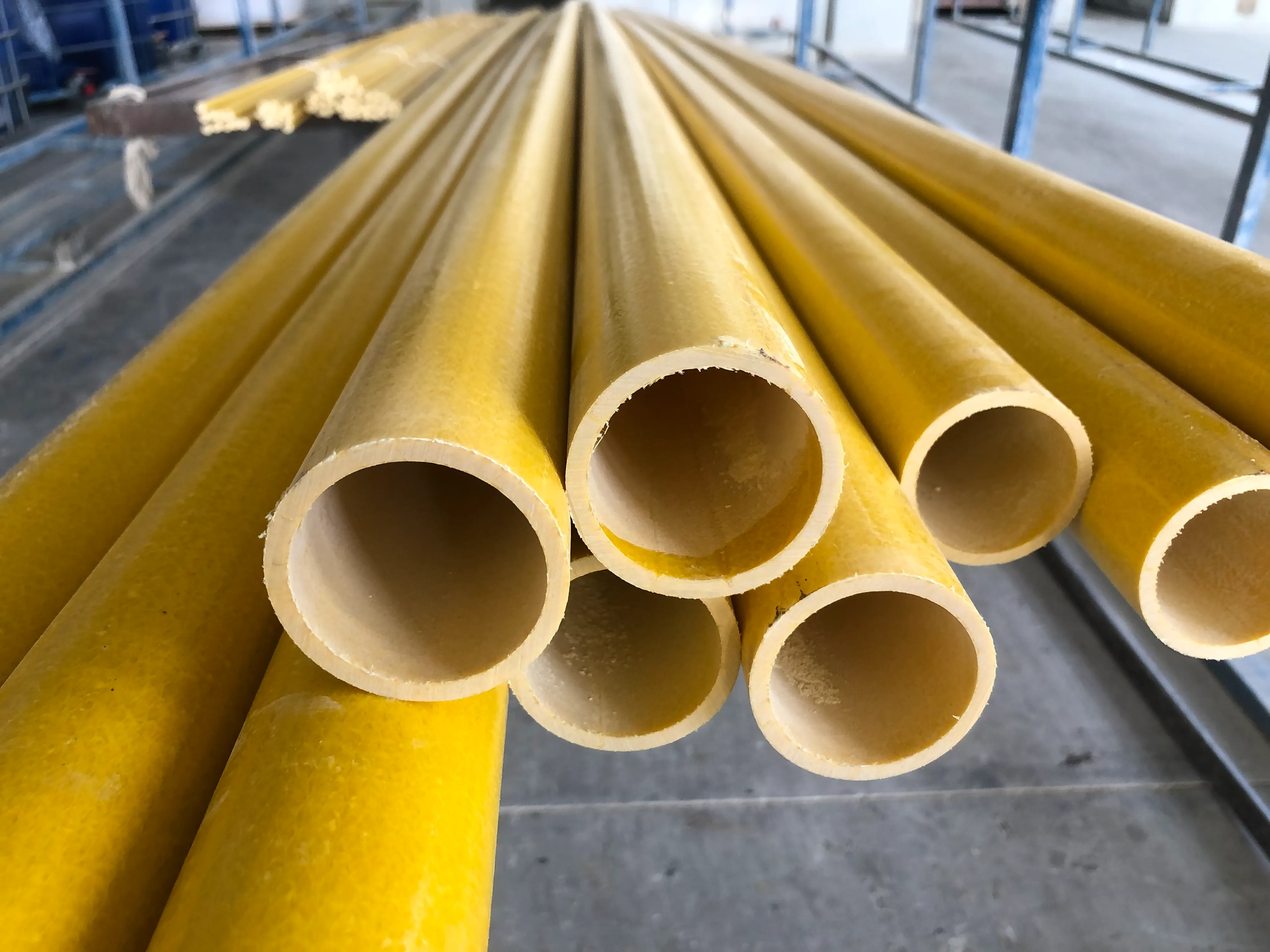loading...
- No. 9, Xingyuan South Street, Dongwaihuan Road, Zaoqiang County, Hengshui, Hebei, China
- admin@zjcomposites.com
- +86 15097380338
- Welcome to visit our website!
frp round tube
Understanding FRP Round Tubes Applications, Benefits, and Characteristics
Fiber Reinforced Polymer (FRP) round tubes have gained popularity in various industries due to their impressive mechanical properties, lightweight nature, and resistance to environmental factors. This article delves into the characteristics, applications, and benefits of FRP round tubes, shedding light on why they have become a preferred material in several engineering and construction sectors.
What are FRP Round Tubes?
FRP is a composite material made by combining a polymer matrix with reinforcement fibers, such as glass, carbon, or aramid. Round tubes, specifically, are cylindrical shapes that offer numerous advantages, including strength, rigidity, and flexibility. The reinforcing fibers provide enhanced properties to the polymer, making FRP tubes a formidable candidate for many applications.
Key Characteristics of FRP Round Tubes
1. Lightweight One of the most significant advantages of FRP round tubes is their lightweight nature. Compared to traditional materials like steel and aluminum, FRP offers similar strength levels with a fraction of the weight. This feature is crucial in applications where weight reduction is critical, such as in aerospace engineering and transportation.
2. Corrosion Resistance FRP materials exhibit excellent resistance to corrosion, making them suitable for use in harsh environments or industries that deal with chemicals. Unlike metals that can rust or corrode over time, FRP round tubes maintain their integrity and performance even when exposed to moisture, salt, or acidic compounds.
3. High Strength-to-Weight Ratio The incorporation of fibers provides FRP round tubes with a high strength-to-weight ratio, meaning they can bear substantial loads without adding extra mass. This characteristic is particularly advantageous in applications where structural integrity is essential while minimizing weight.
4. Thermal and Electrical Insulation FRP materials typically provide good thermal insulation and are non-conductive, making them ideal for applications in electrical insulation or in environments where heat retention or dissipation is necessary.
5. Design Flexibility FRP round tubes can be manufactured in various sizes and configurations, allowing for design flexibility that can accommodate specific project requirements. Moreover, they can be produced in various colors, enhancing their aesthetic appeal.
frp round tube

Applications of FRP Round Tubes
FRP round tubes find application across numerous sectors
1. Aerospace and Automotive The lightweight nature of FRP round tubes makes them ideal for use in aerospace and automotive components, where reducing weight is crucial to improve fuel efficiency and enhance performance.
2. Construction and Civil Engineering FRP round tubes are increasingly used in construction, especially for infrastructure projects like bridges, columns, and facades. Their corrosion resistance and strength make them suitable for long-lasting structural elements that require minimal maintenance.
3. Marine Industry The maritime environment is harsh, and materials used in this sector must withstand saltwater corrosion. FRP round tubes are commonly utilized in boat building, dock structures, and other marine applications, contributing to increased durability and reduced maintenance costs.
4. Oil and Gas In the oil and gas industry, FRP round tubes are employed in piping systems and structural components, particularly in environments where traditional materials may fail due to corrosive elements.
5. Sports Equipment The sports and recreational industry has also embraced FRP round tubes for applications such as bicycle frames, golf clubs, and fishing rods due to their lightweight and high-strength attributes.
Conclusion
FRP round tubes present a remarkable blend of properties that make them suitable for a wide array of applications. Their lightweight nature, corrosion resistance, and excellent strength-to-weight ratio offer significant advantages over traditional materials. As industries continue to push for more efficient and durable solutions, the reliance on FRP round tubes is expected to grow, making them a staple in modern engineering and construction practices. With ongoing advancements in composite technology, the future of FRP round tubes looks promising, paving the way for innovative applications and enhanced performance in various fields.
-
Transform Your Spaces with FRP Grating SolutionsNewsNov.04,2024
-
The Versatility and Strength of FRP RodsNewsNov.04,2024
-
The Excellence of Fiberglass Water TanksNewsNov.04,2024
-
The Benefits of FRP Grating for Your ProjectsNewsNov.04,2024
-
Elevate Your Efficiency with FRP Pressure VesselsNewsNov.04,2024
-
Welcome to the World of FRP Pressure VesselsNewsOct.12,2024
-
Unveiling the Future of Filtration: Why FRP Filter Vessels are a Game ChangerNewsOct.12,2024
